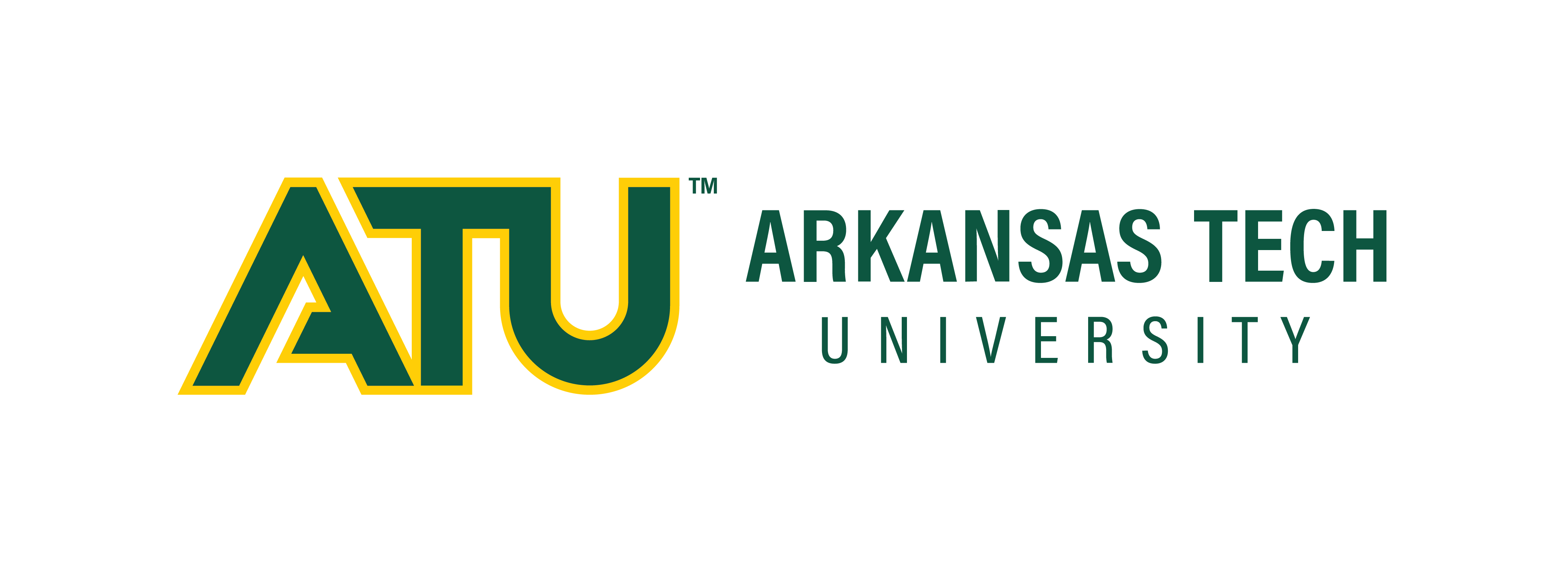Program Type
Undergraduate
Faculty Advisor
Dr. Robin Ghosh
Document Type
Presentation
Location
Face-to-face
Start Date
18-4-2024 9:40 AM
End Date
18-4-2024 10:10 AM
Abstract
The advent of large language models (LLMs) such as Chat-GPT and Bard marks a significant milestone in knowledge acquisition, offering a streamlined alternative to the traditionally labor-intensive process of navigating through multiple checkpoints on the web. This emerging trend in LLMs renders the prevalent rule-based chatbots, commonly utilized by universities, increasingly outdated and subpar. This research project proposes integrating LLM technology into university websites, specifically targeting the needs of students seeking information about their institutions by introducing PUAA (Personal University AI Assistant). Our approach involves using the Retrieval-Augmented Generation (RAG) framework, leveraging the capabilities of the LlamaIndex in conjunction with state-of-the-art LLMs such as Mistral-7B provided by the Hugging Face. To quantify the effectiveness of this integration, we have employed a comprehensive set of metrics, which includes user satisfaction rates and accuracy in information retrieval. PUAA enhances the student's experience by providing instant, accurate information and reduces the workload on administrative staff, allowing them to focus on more complex inquiries and tasks. This endeavor aims to pioneer AI adoption in educational institutions, demonstrating the viability and benefits of advanced AI tools in enhancing the academic experience and information accessibility for students and staff.
Recommended Citation
Panday, Sijan; Sabakhtarishvili, Zurab; and Jensen, Clayton, "Optimizing Campus Chat-bot Experience Using PUAA: Integrating Large Language Model (LLM) into University AI Assistants" (2024). ATU Scholars Symposium. 12.
https://orc.library.atu.edu/atu_rs/2024/2024/12
Included in
Optimizing Campus Chat-bot Experience Using PUAA: Integrating Large Language Model (LLM) into University AI Assistants
Face-to-face
The advent of large language models (LLMs) such as Chat-GPT and Bard marks a significant milestone in knowledge acquisition, offering a streamlined alternative to the traditionally labor-intensive process of navigating through multiple checkpoints on the web. This emerging trend in LLMs renders the prevalent rule-based chatbots, commonly utilized by universities, increasingly outdated and subpar. This research project proposes integrating LLM technology into university websites, specifically targeting the needs of students seeking information about their institutions by introducing PUAA (Personal University AI Assistant). Our approach involves using the Retrieval-Augmented Generation (RAG) framework, leveraging the capabilities of the LlamaIndex in conjunction with state-of-the-art LLMs such as Mistral-7B provided by the Hugging Face. To quantify the effectiveness of this integration, we have employed a comprehensive set of metrics, which includes user satisfaction rates and accuracy in information retrieval. PUAA enhances the student's experience by providing instant, accurate information and reduces the workload on administrative staff, allowing them to focus on more complex inquiries and tasks. This endeavor aims to pioneer AI adoption in educational institutions, demonstrating the viability and benefits of advanced AI tools in enhancing the academic experience and information accessibility for students and staff.


